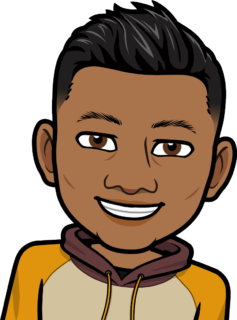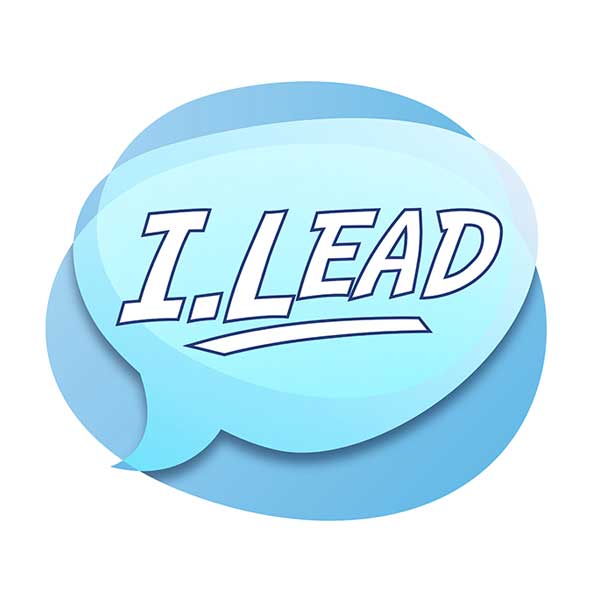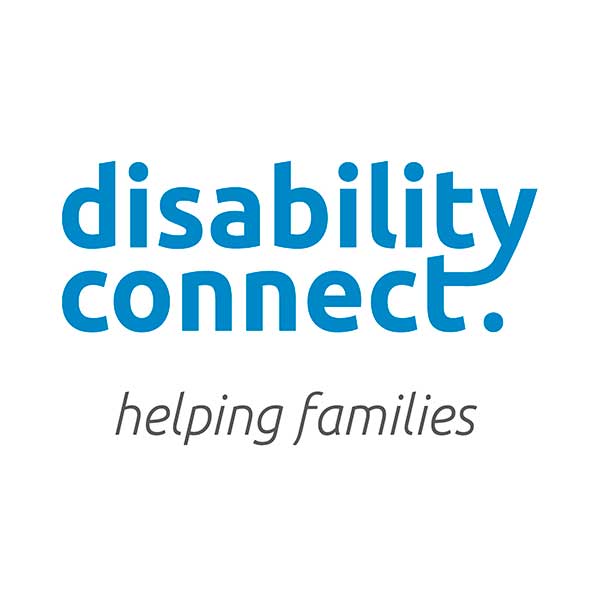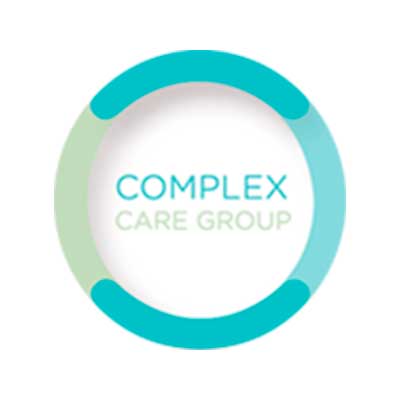Success Stories
Tertiary Transition
Case study of a tertiary transition
Sam Michales, 24
 Introduction
Introduction
I have recently finished my Bachelor’s degree in Communication, I was born with a condition called Noonan Syndrome (NS). NS is a muscle deficiency which effects the individual physical appearance but there is no other impairments such as mobility, hearing and vision. Highly influenced by my family I had always seen himself going to university, however deciding what I would be studying wasn’t as clear. Finding the subjects at school less interesting, I needed to find topics outside of school that I could study.
What support helped your transition
The support I received from my family and friends was a strong motivation to continue with my transition. With my siblings already gone through tertiary transition they were able to guide me through the application process. Discussing my options with the career advisor at school provided me an idea of the possible courses I can take at university. Based off my interests and the requirements they need, I was able to cut down my options to the course that suited me best. Once decided on a course, I started to prepare myself for the transition and laying out the required information for StudyLink application for my student loan and a Work and Income application for the benefits I am eligible for.
Accessing the support
I received the support I needed, this was mostly done through word of mouth and researching online. I was able to use my friends and family that have gone through their own transition period and discuss their experiences. Talking to friends about their experiences during their time at university and polytechnics, helped me decide which university suited me best from an environment stand point. There are some tertiaries that are larger in classroom size which makes creating a relationship with your lecturer difficult. This could influence the environment around peers, with a large capacity of students and limited opening available continuing further into the degree, creates a competitive environment. I was more comfortable in choosing a university that was known for practicality and flexibility. Governmental websites such as StudyLink allowed me to access the information needed for my student loans application and what eligibility I had in other income support.
Missed Support
I missed out on a few additional support during my transition process and I regret not creating a transition plan, as I was not aware of the benefits it could have had. This could have prepared me further in the my transition from secondary to university, developing my career path earlier could have allowed me to identify the key requirements and additional opportunities.
Employment Transition Case Study
Employment/ Vocational
 Intro
Intro
Taking the first step to deciding the career path I want to explore after leaving was challenging, I had some interests in certain school subjects (History, Travel and Tourism) but I didn’t see them as career choices. After discussing with my family my interest in going into the workforce instead of further education. We needed to discuss what employment suited my needs and the support I would need to be successful in the workforce. Due to being born with Cerebral Palsy (CP) there were limited jobs I would be able to do, jobs that require heavy lifting or are highly physical wouldn’t be able to support my needs or ability.
What support helped
The first step I took after my conversation with my parents is talking to the career advisor at school to seek out guidance for my next step. The career advisor suggested that I would need to draft up a transition plan to outline some choices available and decide which ones are match my interests. This helped me identify the required skills and qualification needed to becoming a youth worker. The decision was determined off my personal experiences and using those tools to match them with my interest in supporting other young people with their own challenges. After the transition plan was developed, I was able to set out the subjects that will benefit me into my transition. My school offered the Gateway program which provides students with work experience before leaving school. Learning to communicate with other people professionally and familiarize myself with a work environment prepared me for future employment. My career advisor suggested that I could practice writing up my CV, with the support of Workbridge they highlighted certain aspects of the CV that employers focus on more than the others.
Accessing support
Receiving support through my school was simple as there was an established service and available resources at hand. I was also able to use online research to seek other beneficial services regarding my financial assistance while finding a job. Contacting my local Work and Income (WINZ) and reviewing the eligibility of the benefits available, from my disability allowance to job seekers. WINZ provides a service which helps people with disability, Providing Access to Heath Solutions (PATHS) helps people find jobs and get their career started. I also received support from services such as Workbridge and Tertiary Education Commission (TEC), to be thoroughly informed and prepared for my next steps.
Missed Support
I tried to gather as much information I could throughout my transition, but there were services I didn’t use fully or unaware of their availability. Careers New Zealand is something I didn’t take advantage of during my time at school, they provide career information and services within and out of school. I believe this could have broadened my range of career paths and determine all factors.
Tertiary Studies
 Intro
Intro
I was able to start thinking about my future just after passing my NCEA level 1 and starting NCEA level 2. I talked to my deans to help me select subjects that would prepare me best my for further education pathway. My plans after leaving school was to attend University, although I felt some hesitancy about the workload and if I would be able to manage it due to having Autism.
Received Support
I was diagnosed during my primary years, which I believe helped me understand what I was going through. When I arrived at high school I already had a track record of needing teacher aids and additional learning support. I discussed my plans after school with the learning support center, they were very supportive of my plans to go to university. They helped me with drafting up my transition plan and what it would need to include for it to be achievable. They advised me to contact the tertiary I was attending and ask them to connect me with their disability advisor to gather information on the available resources and support. After discussing the possible support provided with the university’s disability advisor, I was able to start focusing on my application for a student loan and eligibility of student allowance from Study Link.
Accessing Support
I was fairly familiar with the support available; I have been engaged in learning more about myself and Autism. Knowing whom to ask for help and how they would be able to teach me in a way I would be able to process the information. I still needed to find official information that can link me to support providers such as, Tertiary Education Commision (TEC). Accessing support was made easier by the school supporting me entirely through my transition process, they provided me additional support that would benefit me at university. The support from my family and friends was overwhelming and much needed, I was able to use their experience to create an idea to how my experience could look like in comparison. Use the support and tools that benefited them and also seek further help from the options that are afforded to me.
Missed Support
I don’t feel like I have missed on any support during my transition from school to university, I have been provided a lot of help and therefore I don’t find myself like I needed more. However, since my time leaving high school there has been more support available for people with disabilities. The teachers at school understand disability more specifically Autism, the teachers also have a willingness to cooperate with the student to provide them the best learning experience they can. Teachers were supportive but due to Autism being an invisible disability some struggled with teaching and understanding me.





